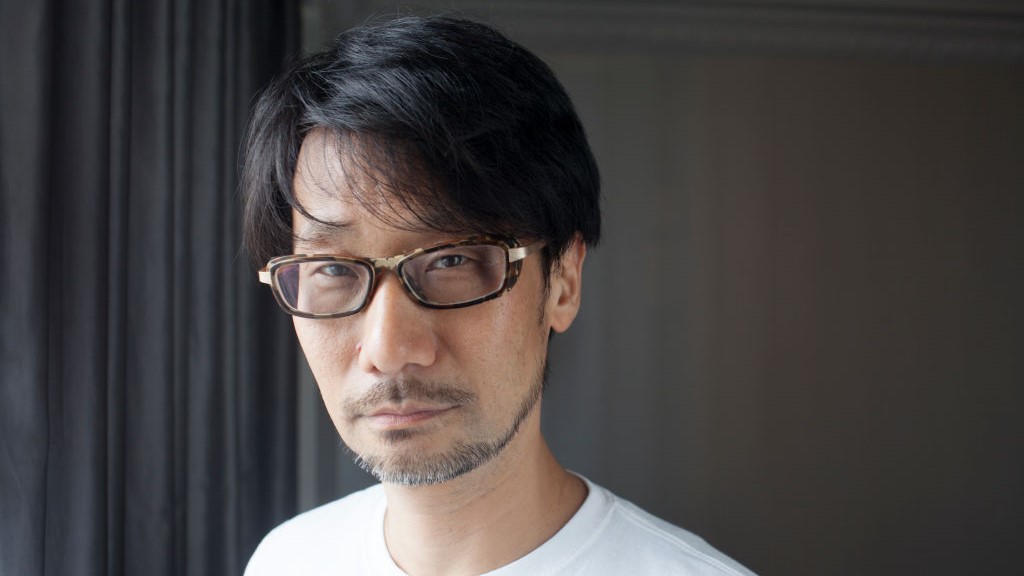
A new documentary on Hideo Kojima, called Connecting Worlds, recently had its premiere at the Tribeca Film Festival, as part of which Kojima and director Glen Milner sat down for a Q&A session. Based on the trailer the documentary seems to fall into some of the myth-making around Kojima, particularly the auteur description, though of course I will watch it regardless and no doubt seeing the behind the scenes stuff will be fascinating.
The questions were, of course, delivered by Kojima's best bud Geoff Keighley, who asked about the director's first game in 1986 and what's changed between then and now. "The specs of the hardware were very low," said Kojima (spotted by CinemaDaily). "I couldn’t express anything. And I did everything from scratch. But now it’s vice versa [...] before, with the people in our studio, usually that game was made with six people. Now it’s almost like a factory. For us, it’s different. Any of these movies [at Tribeca], you have to fight with the big budget movies. So that has changed like that, these days of creating games."
Kojima also has a few weirdly specific scores to settle from the old days when asked about projects that disappointed. "Even with [1987's] Metal Gear," said Kojima, "It was only 10 years after when the original was released that it was evaluated highly. Also Boktai and Pokemon. A lot of people were unhappy with how I used it, but it was successful [...] I don’t really care about the initial reactions, to be honest. I have my own studio. I believe that if I have opposing ideas from everyone, that will lead to more success."
Kojima's asked about the messages of his games and the oft-applied label of prophecy, most recently with the coincidental timing of Death Stranding and the pandemic.
"I'm a human, same as you guys," said Kojima. "I'm not a prophet, I don't see the future. I’m living just like you. I see the news and I'm always absorbing that into my games. I'm not a thing." Kojima goes on to point out how games and movies are getting ever-closer and forms of entertainment blend together. "It’s not like it's a game or it’s a movie or whatever. It doesn’t really matter to the people anymore. They don’t care about [whether] you eat Japanese food or Western food or Chinese food. Food is food and everyone likes all kinds of food. It’s similar to that."
"I think it's a great point," deadpans Geoff Keighley before instantly segueing into a plug for the Game Awards.
One of the odder themes that emerges throughout this Q&A is Kojima's rather fatalistic outlook. At the end of answering a question about when he first felt successful, Kojima says he feels free and is having fun making games: "I’m still in that moment, and maybe I don’t have so much time to live, but I want to keep doing it as long as I live". Later, on the topic of making movies, Kojima says he's doing a game and "desperately" wants to somehow make a movie: "But I’ll be 60 this year. See? I’m a little old already." Yet again in another question there's this aside: "And as long as I live—a short life span, maybe—I will always do that." On media confluence: "I’m a 59 year old guy, ending-beginning. Passing along, becoming a documentary at Tribeca. Isn’t that something?"
Kojima's frequent references to his old age eventually lead to a question about what he still wishes to accomplish, at which point our boy exits the stratosphere. "I want to go to outer space, and create a game that you can play in space," said Kojima. "Because right now, all games, you can’t properly play those in outer space. But I want to create something: I'll play that. So someone, please, send me up to space."

.png?w=600)





